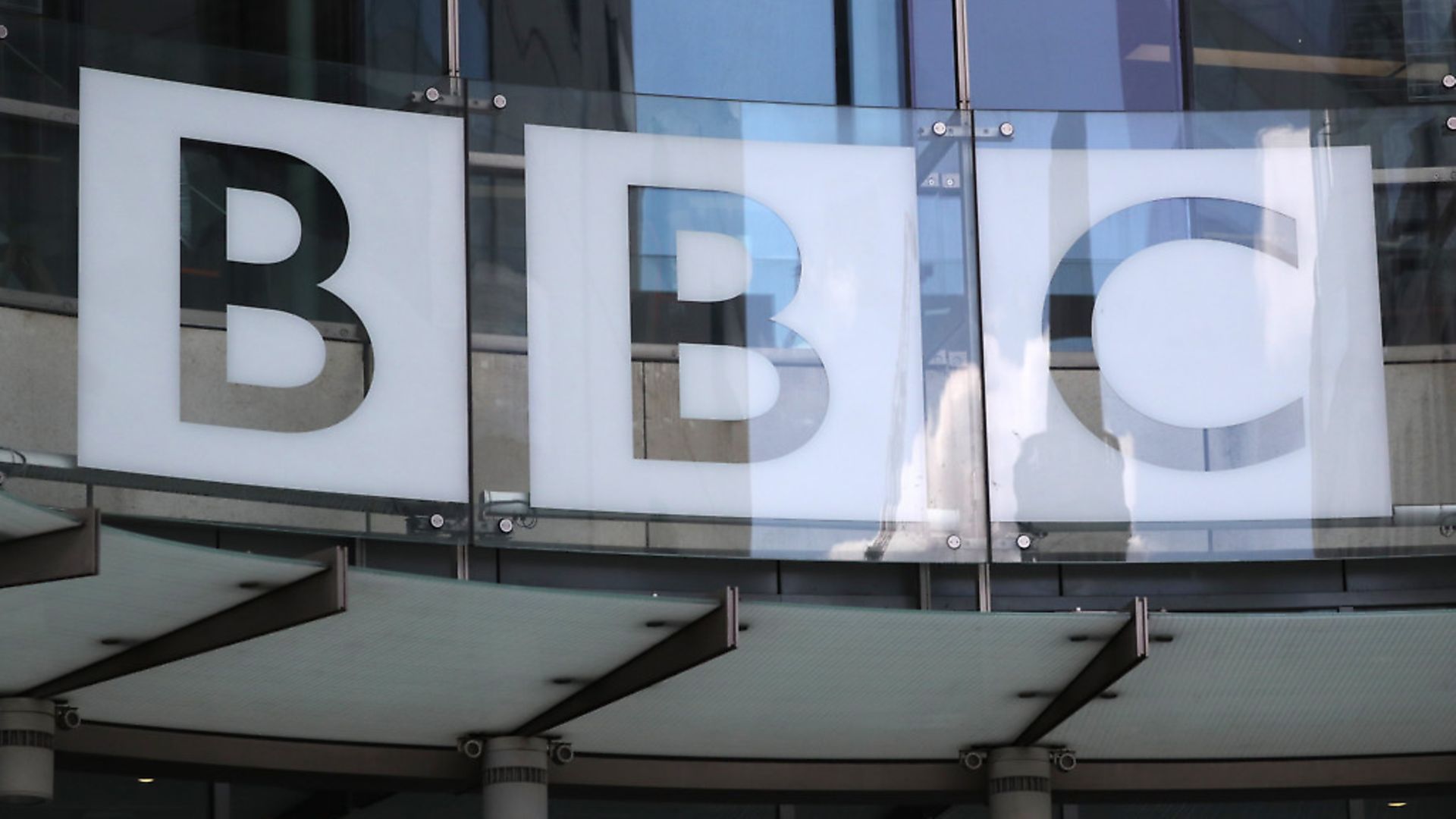
Why is the BBC’s coverage of politics in the US so much more extensive than its reporting of it in Europe, asks DENIS MacSHANE?
Morning, noon and night on the BBC we have, of late, been getting endless coverage of the US Democratic Party nomination process. Star reporters like Jon Sopel have been providing excellent quality narratives of the ups and downs of politicians we had never heard of a few months ago and will have forgotten by the autumn. This coverage has been backed by analysis driven by the Corporation’s swollen Rolodex of American political consultants, pollsters and experts who are on tap to perform on Today and Newsnight.
It is all enjoyable stuff – and important too. The US is the most important world power and who governs it matters to all of us. But, like it or not, with or without Brexit, Britain is more closely affected by what happens across the Channel than across the Atlantic. As Churchill liked to say, our political weather comes from Europe.
With an eternity of Brexit lying ahead of us, touching on everything from health cover for millions of British holidaymakers to the future constitutional place of Scotland or Northern Ireland in the UK, this has never been more true.
Yet the coverage on the BBC of politics in Europe on its main outlets, especially in comparison to the Corporation’s extensive treatment of the goings-on in the US, is nugatory to the point of being non-existent.
Germany is being convulsed by its biggest crisis since the founding the Federal Republic 70 years ago. The designated successor of Angela Merkel as chancellor, Annette Kramp-Karrenbauer, has been forced to stand down in the most humiliating circumstances, after she allowed the mighty ruling party of Germany, the Christian Democratic Union, to enter into a short-lived alliance with the far right Alternative für Deutschland (AfD) to nominate a politician with no local support to head the government of Thuringia, in eastern Germany. This smashed apart the so-called cordon sanitaire by which the country’s main parties have not entered into political arrangements with the AfD. Germany now faces permanent political instability as various men fight it out to be Merkel’s successor.
Meanwhile, across the Rhine and closer to us, president Emmanuel Macron is facing rising opposition to his one-man rule. His liberal plans, like the efforts of Harold Wilson and Edward Heath to reform labour relations in Britain in the 1960 and 1970s, are not working.
His hard right opponent Marine Le Pen will win the key mid-term elections in thousands of cities, towns and communes next month. It is far from clear Macron can win a second term in 2022.
So while politics in the US are gripping, so too are they in Europe. Yet the BBC does not seem to report them in the manner or detail that is does the events from across the ocean. Why is this?
There are obvious cultural reasons. For a start, the Corporation’s main outlets are, for the most part, edited, produced, reported and presented by mono-lingual journalists. Some, of course, will have foreign correspondent experience or fluency in another language. But the news culture that most informs the BBC comes from the English-language, 24/7 American news blast. It is far easier to produce dramatic news stories and coverage of personalities like Joe Biden and Pete Buttigieg than their German, French or Spanish equivalents.
Perhaps there is also an idea among BBC executives that American politics is more exciting than that found across the Channel. The all-pervasive image of “Brussels bureaucrats” promoted by Eurosceptics probably has something to do with this perception. There is perhaps also an associated idea that events in Europe’s chancelleries are of less consequence than those in the US.
On both counts, the assumption is wrong. Angela Merkel might not quite as box office as Donald Trump but European politics has enough sex scandals, corruption allegations and political chicanery to make the US president blush. And these events matter greatly to the UK.
The Corporation’s comparative silence on European politics has had consequences, of course. A failure to adequately cover continental affairs was surely a factor in the 2016 referendum result. The BBC had, over the years, failed to explain that EU policy and politics is the outcome of national political processes in the EU member states. By not reporting European politics with anything like the same width, depth of knowledge and enthusiastic interest as it had US politics, the BBC had let down its viewers and listeners.
It requires little journalistic effort to make European politics come to life on radio, television or online. It is high time for BBC journalists to cross the Channel as often as the cross the Atlantic.
– Denis MacShane is the former minister of Europe and once worked for the BBC as a presenter and reporter in local radio. His latest book is Brexiternity: The Uncertain Fate of Britain (IB Tauris); he writes on European policy and politics









